
What can general practitioners say for sure about all-natural, organic veterinary parasite preventives? Richard Gerhold, DVM, MS, PhD, says not much.
Richard Gerhold, DVM, MS, PhD
College of Veterinary Medicine
University of Tennessee

What can general practitioners say for sure about all-natural, organic veterinary parasite preventives? Richard Gerhold, DVM, MS, PhD, says not much.
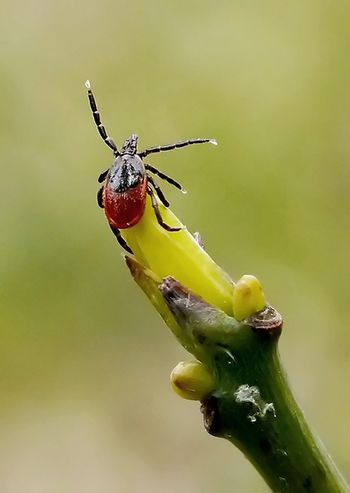
Veterinary professionals beware: tick-borne diseases are on the rise in both humans and animals. Brush up on identifying ticks, diagnosing the diseases they transmit, and treating and preventing them from spreading.

Maybe its just a feeling in your gut, but are you seeing more intestinal parasite cases in veterinary practice? Fetch dvm360 educator Dr. Richard Gerhold shares a few strange or disturbing happenings with these pet scourges.

The heartworm disease landscape isn't what it used to be, which is why its so important for the veterinary field to get on the same updated page and prioritize prevention for cats.

These parasites are busy, veterinarian says.

Discussing all natural, organic parasite preventives with clients and general practitioners.

Longer days. More vegetation. Spring brings forth a sense of hope and, at the same time, more stuff to encourage parasite numbers. Here are some answers to what might be on your mind.

Mark this in the sad but true news column-as things heat up on a global scale, parasites are thriving.
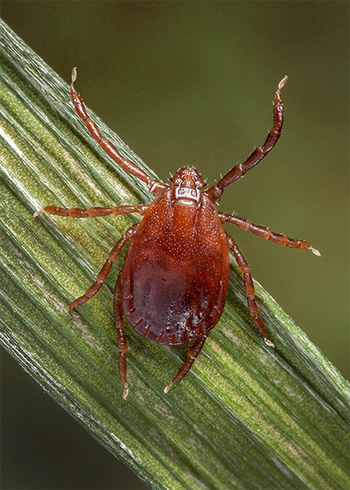
The Asian longhorned tick is relatively small, but hardy, causing trouble for pets, wildlife, livestock and humans.

Specialist says, "take your pick." Yeah, there are that many.

You're often the gateway to the clinic, so keep clients focused on DVMs' expertise when discussing parasite control.

Wildlife biologist and DVM says don't feed them, don't adopt them.
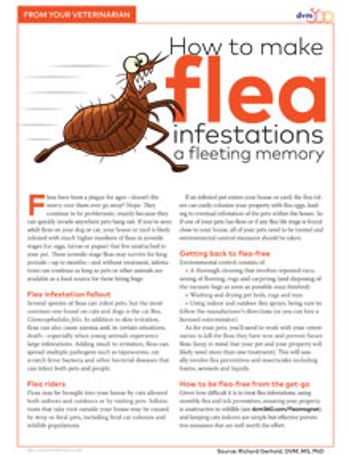
Have this handout ready for dispensing if one of your veterinary clients comes in infested with fleas.
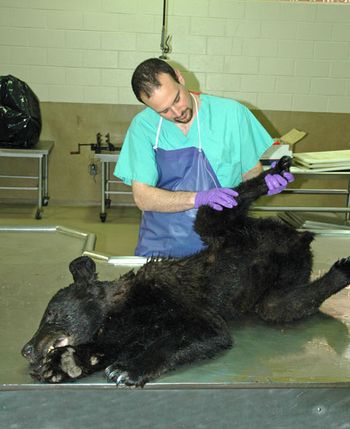
These are the lessons I learned from the TV show M.A.S.H. that help me at work and at home.
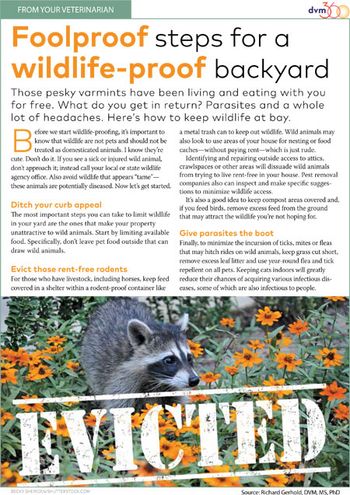
Your veterinary clients are fed up with their new 'roommates.' Give them the tips and tricks they need to make their property less appealing to unwanted critters.
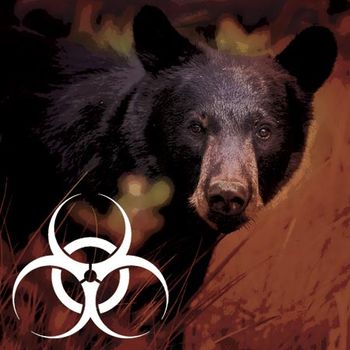
In pet owners' backyards lurk serious wildlife diseases that can affect pets and people. Have you considered ... ?

To your veterinary clients, it may seem like deer and other wildlife are cute additions to their local landscape, but these transient visitors can pass disease to their pets.

"Tick populations seem to be ever-moving, ever-increasing," says veterinary parasitologist Dr. Richard Gerhold.
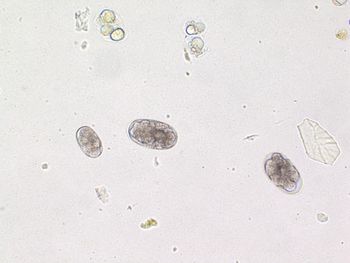
This pet has been treated multiple times for similar findings, can you figure out whats going on with the beagle mix?
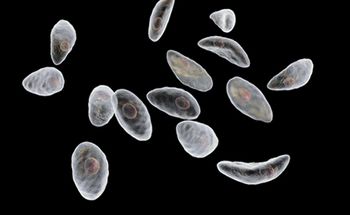
These minuscule beasties can wreak havoc across animal species (and your veterinary clients, too). Here are tips to stop 'em.

Powassan doesn't affect pets (at least that we know of yet), but the rest of us need to remain vigilant about ticks for our own sake, says CVC educator Dr. Richard Gerhold.
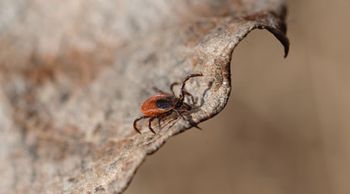
Sure, clients can get confused about vector transmission or a preventives method of action, but have you ever been fooled? Veterinary parasitologist Richard Gerhold dispels some common misconceptions.

Veterinary parasitologist Richard Gerhold sets the record straight about monthly preventive medications and the possibility of pets still picking up parasites.

Reach out to a veterinary client's curious inner child to maintain attention during flea, tick and heartworm prevention talks.

Tick borne diseases are extremely important and emerging diseases in the United States.

Meningeal worm or brain worm infection in camelids, elk, moose, and sheep and goats is caused by the roundworm parasite, Parelaphostrongylus tenuis.

Bacillus anthracis.

Avian parasites consist of multiple species including helminthes, protozoa and arthropods.

Coccidia are obligate intracellular parasites and have asexual and sexual stages in their life cycle.

Domestic and wild felids are the definitive host for the protozoan Toxoplasma gondii.

Published: May 6th 2016 | Updated:

Published: April 1st 2015 | Updated:

Published: April 1st 2015 | Updated:

Published: April 1st 2015 | Updated:

Published: April 1st 2015 | Updated:

Published: April 1st 2015 | Updated: